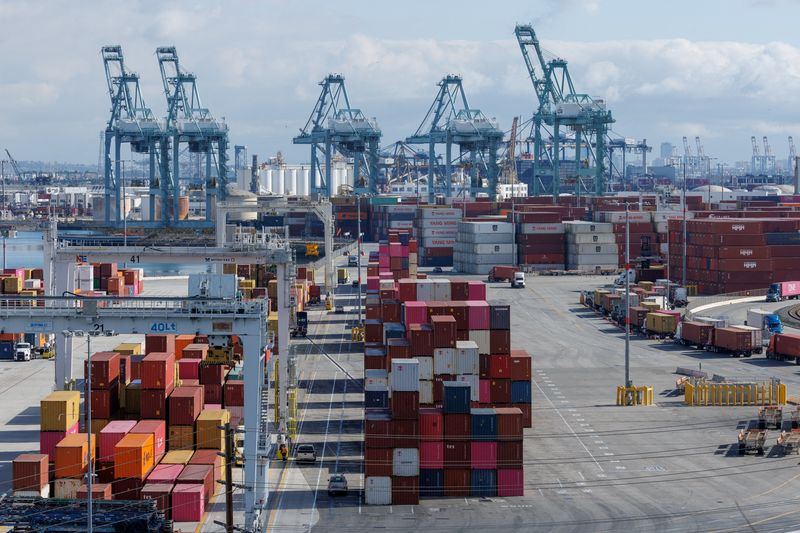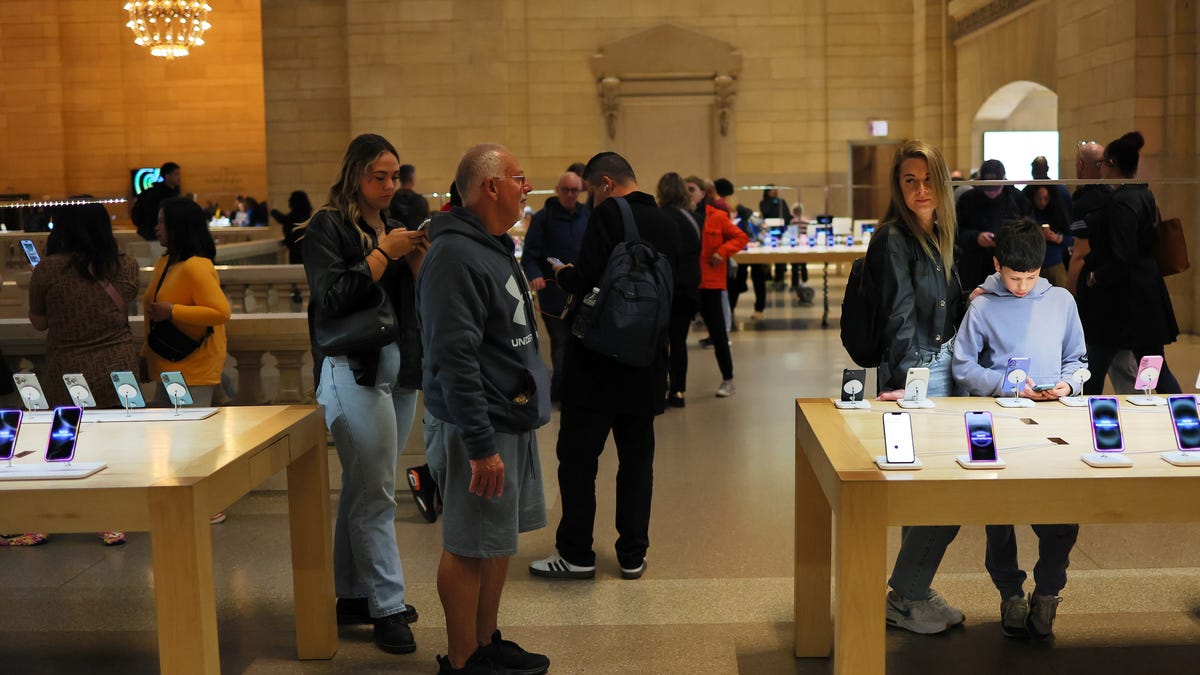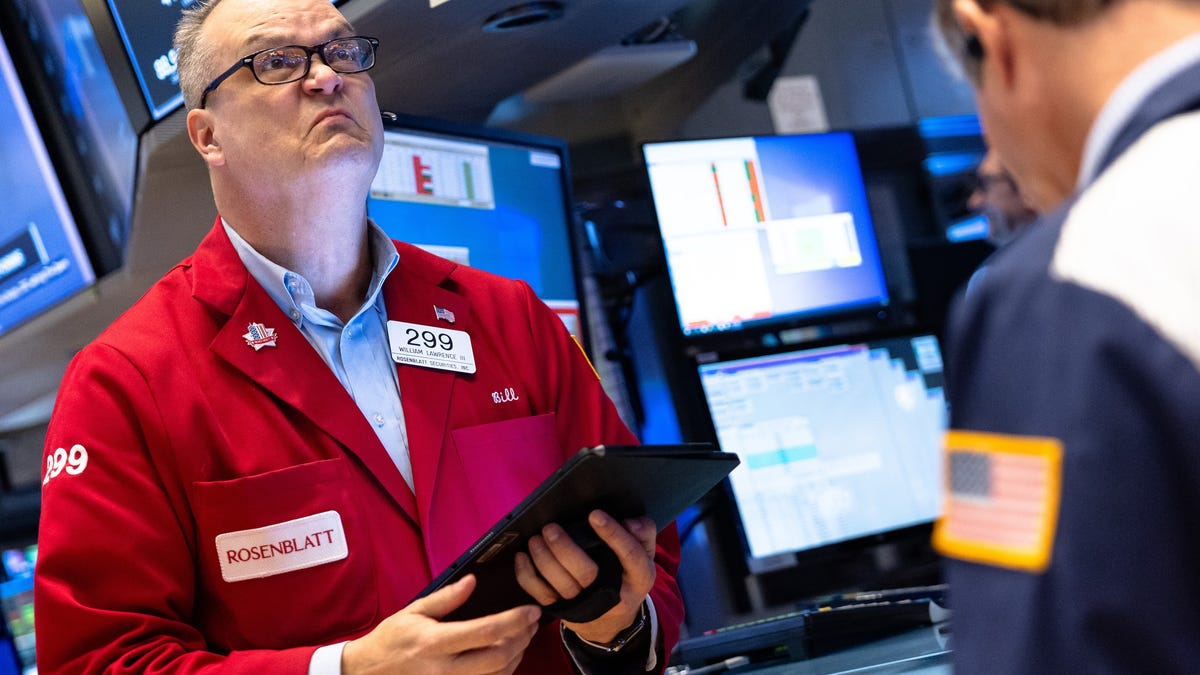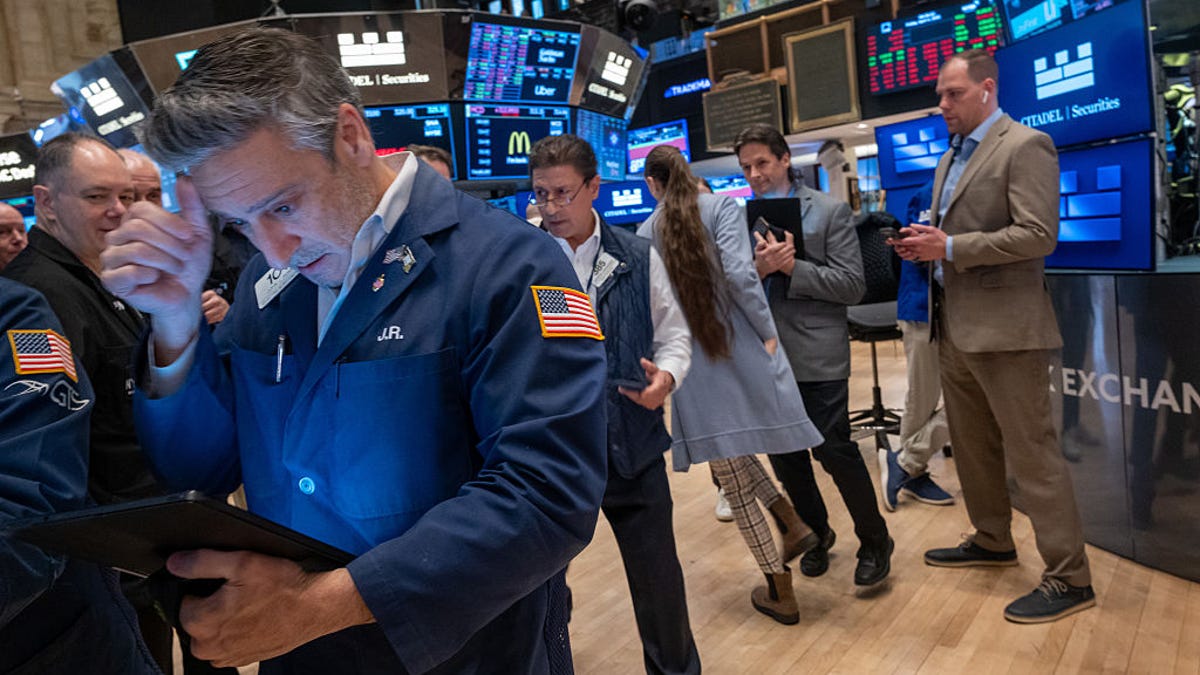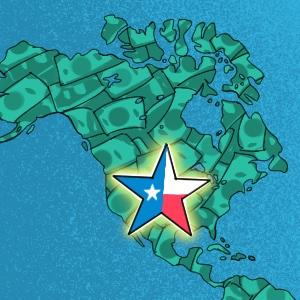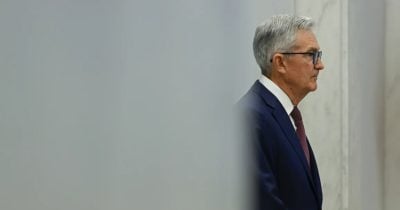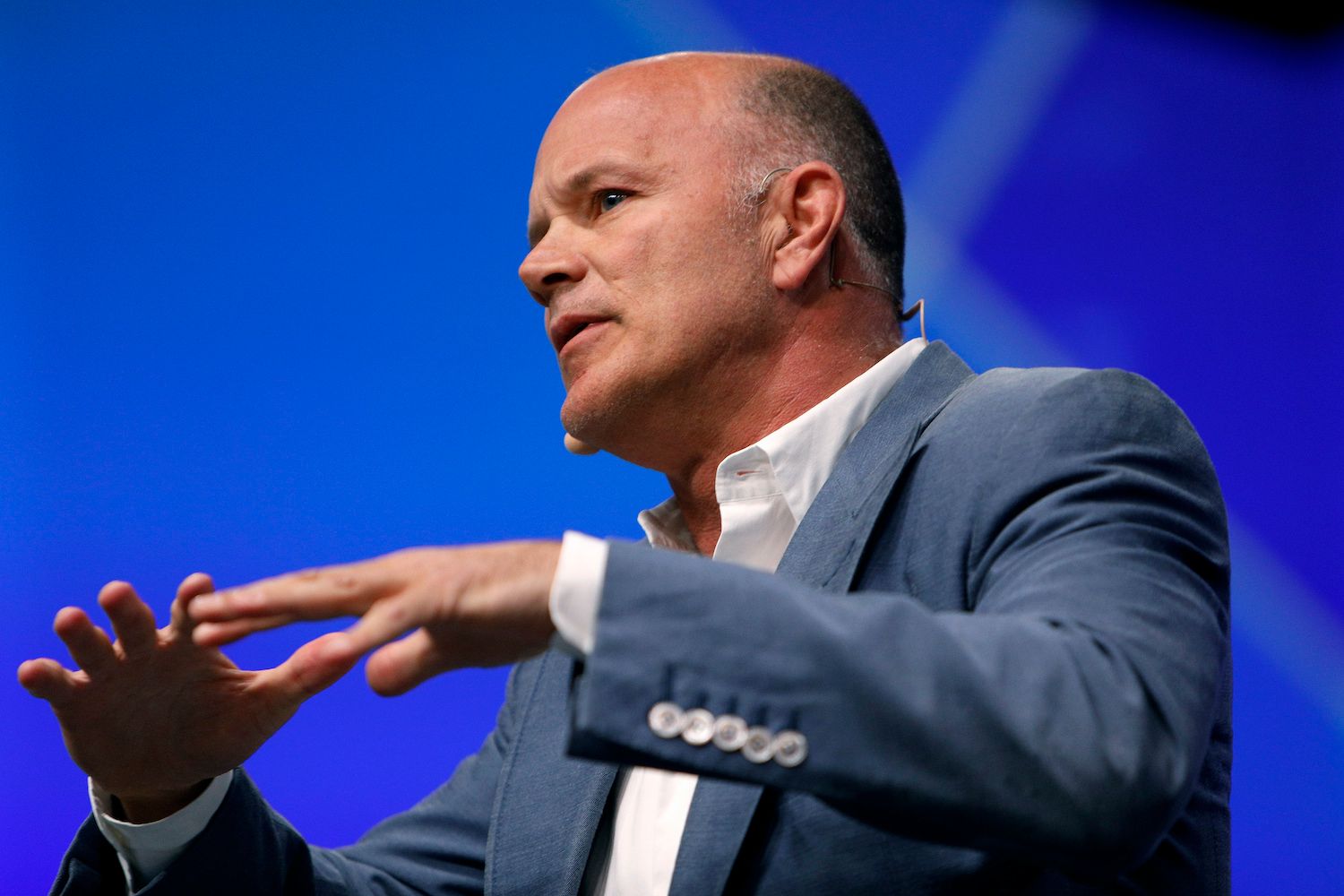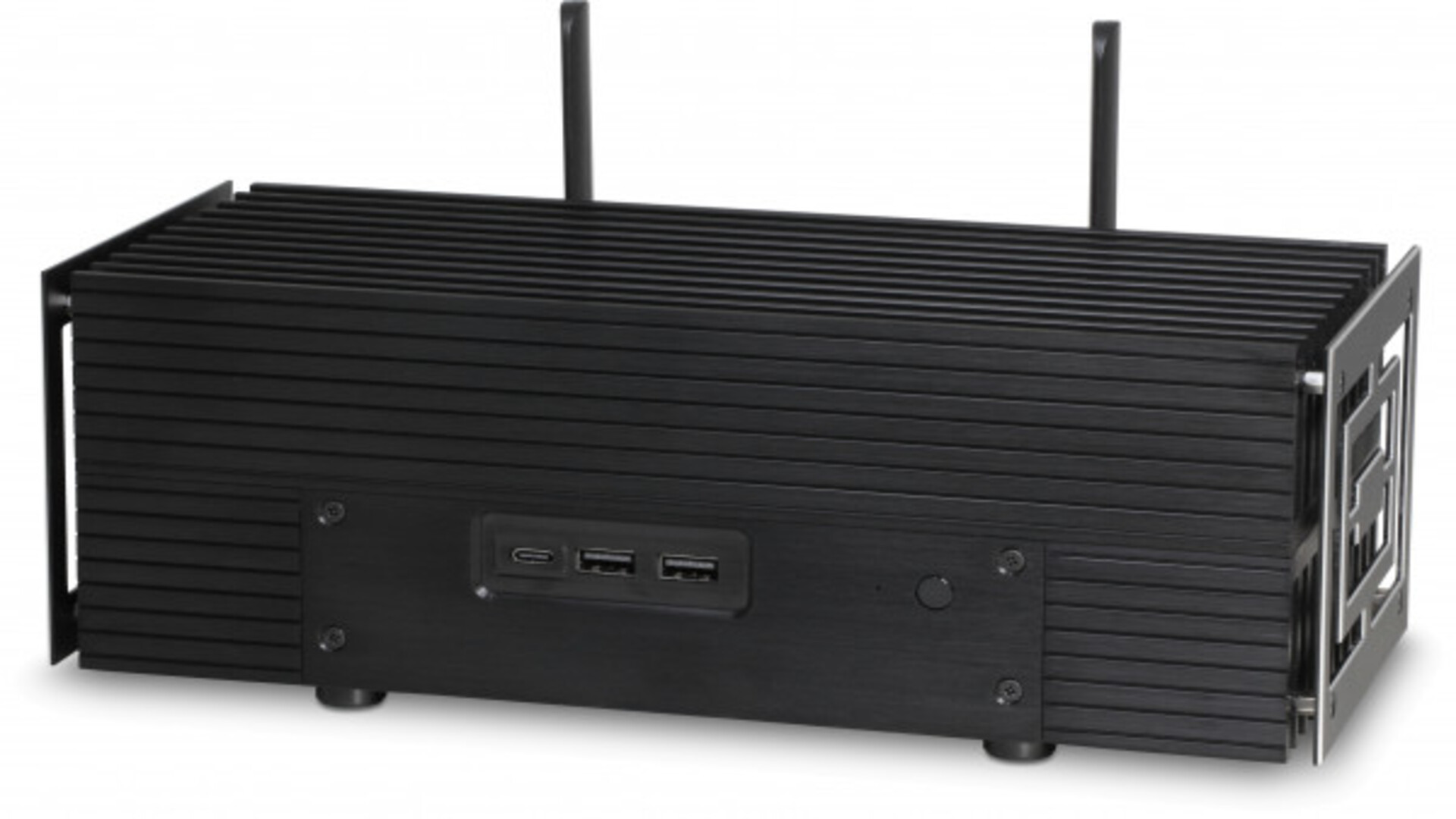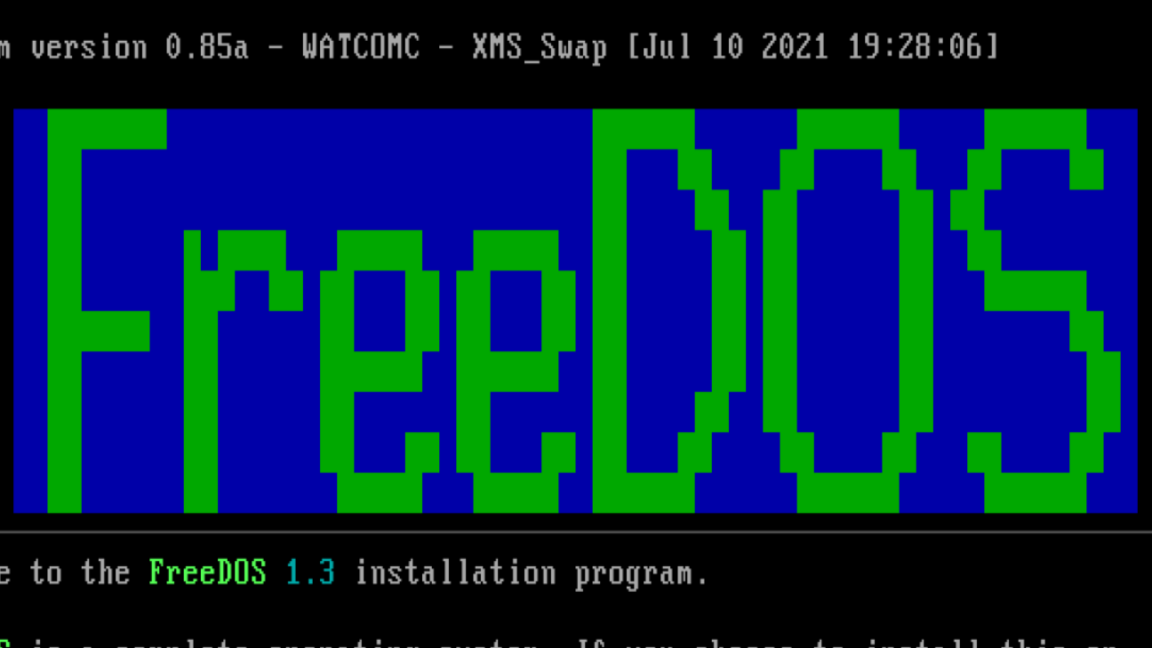It’s about to get a lot harder for job seekers as tariffs are set to make the hiring landscape even more daunting
“The uncertainty created by these tariffs won’t make the situation any better."

American workers are already having a difficult time finding work, and President Donald Trump’s new tariffs might make their job search even more challenging.
Unemployment remains low, and companies added nearly 230,000 roles according to the latest March jobs report. But those numbers don’t include hundreds of thousands of laid off federal employees who are collecting severance, or have been put on paid leave. And around 21% of job seekers are taking more than six months to find a new role, according to BLS data. That means that it’s a lot harder to get a job than the topline numbers would suggest.
“March numbers point to a 2025 employment story where teams and companies are going to continue to make do with less resourcing, and that job mobility for workers is going to remain constrained and competitive,” says Mischa Fisher, economist and data scientist at learning platform Udemy.
Trump’s most recent tariff announcement will likely only exacerbate the problem. High levies on America’s biggest trading partners, and blanket levies on countries around the world, are set to dramatically impact manufacturing costs. Companies will in turn pass those costs onto customers, which could lead to a consumer spending pullback, lower sales, and potentially workforce reductions.
“The uncertainty created by these tariffs won’t make the situation any better,” says Fisher. “Employers may hold off on hiring, and if tariffs start squeezing margins, we could see more layoffs.”
Company executives are already concerned about the financial pressures of these trade policies, according to a recent survey from the Federal Reserve Bank of Richmond. Around one quarter of the 400 firms surveyed said tariffs could negatively affect their hiring and spending plans for 2025.
Some companies are already laying workers off in sectors expected to be hit hard by tariffs. Automaker Stellantis is expected to lay off about 900 U.S. workers after temporarily pausing two of its major assembly factories in Canada and Mexico. Steel manufacturer Cleveland-Cliffs also recently laid off more than 1,200 workers even before Trump’s “Liberation Day” tariff announcement, in an attempt to mitigate the impact of levies on steel, Manufacturing Dive, reports.
“Higher prices often force consumers to shift their spending, which can lead to a drop in demand for non-essential goods and services,” says Cory Stahle, economist at job marketplace Indeed’s Hiring Lab. “If that happens, businesses will find ways to adapt and that may include less hiring or layoffs.”
This story was originally featured on Fortune.com




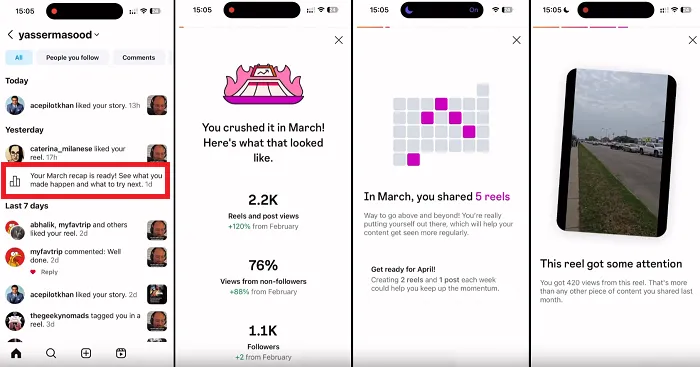


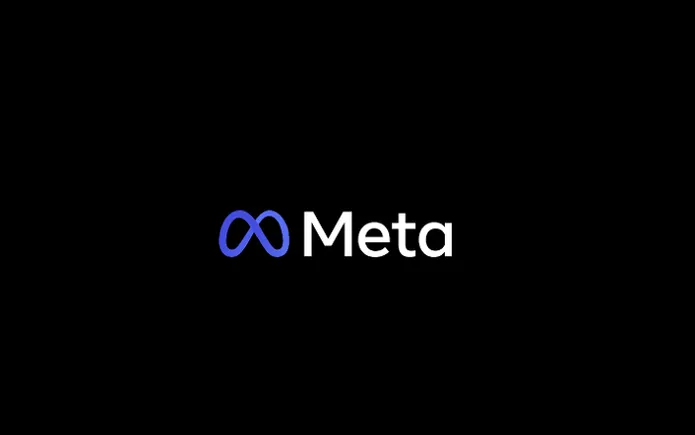
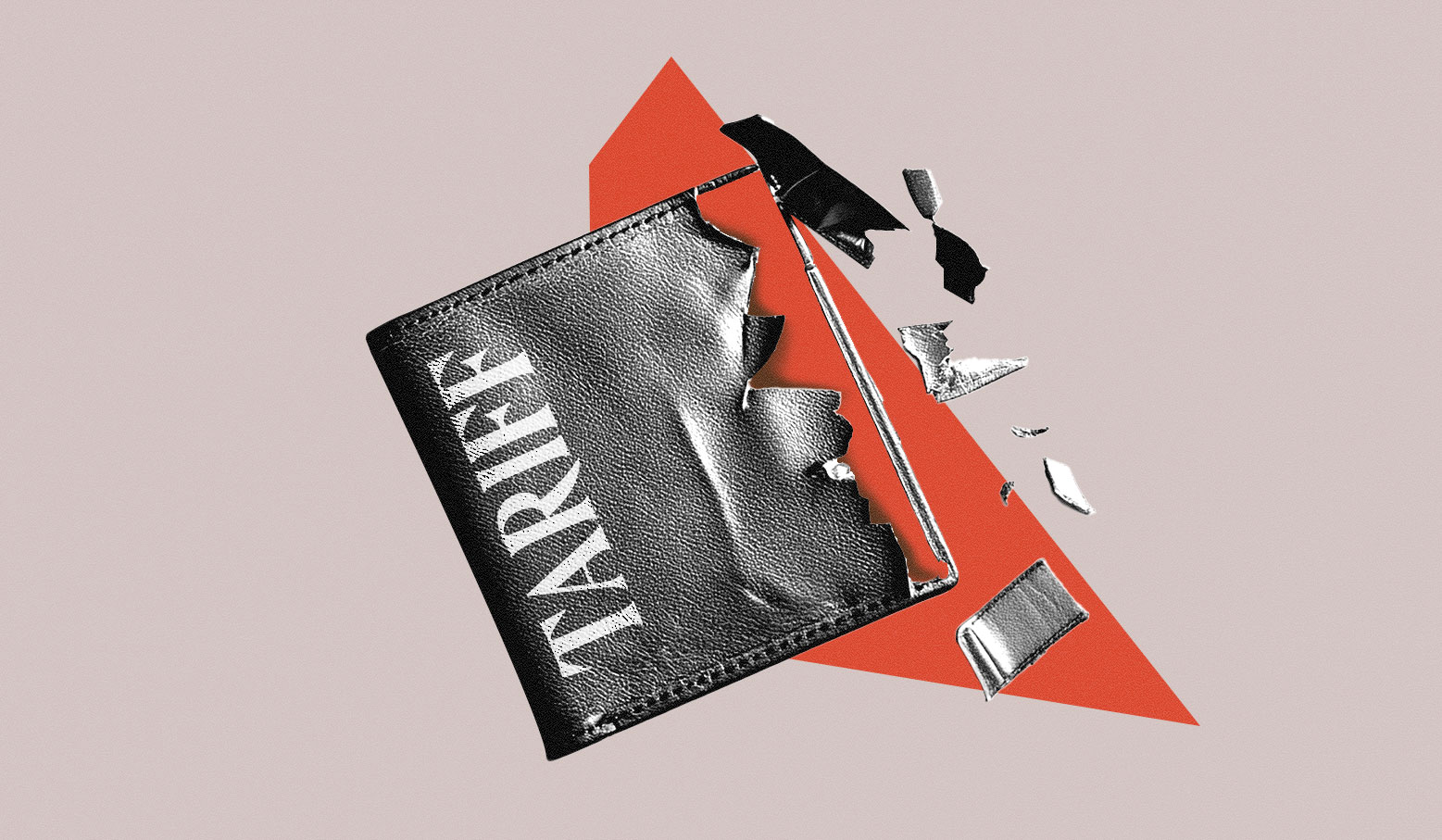


![How to Find Low-Competition Keywords with Semrush [Super Easy]](https://static.semrush.com/blog/uploads/media/73/62/7362f16fb9e460b6d58ccc09b4a048b6/how-to-find-low-competition-keywords-sm.png)








![[Test] April 7th](https://static-www.adweek.com/wp-content/themes/adweek-next/assets/images/adweek-placeholder.png)





